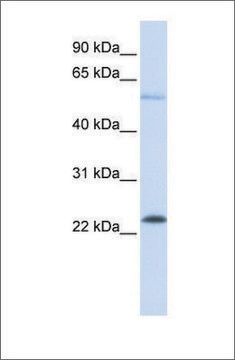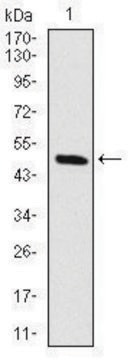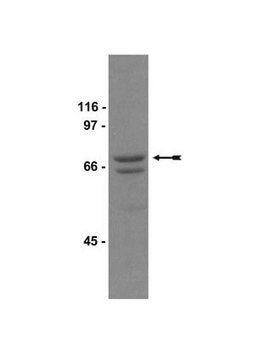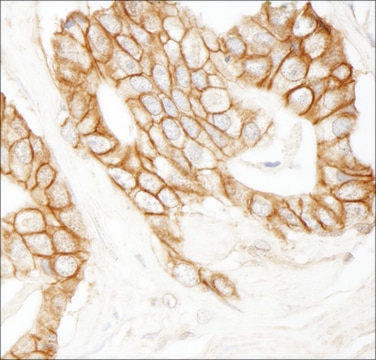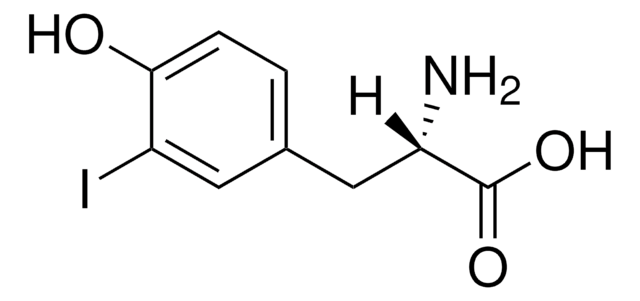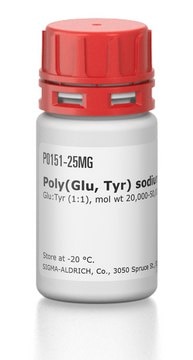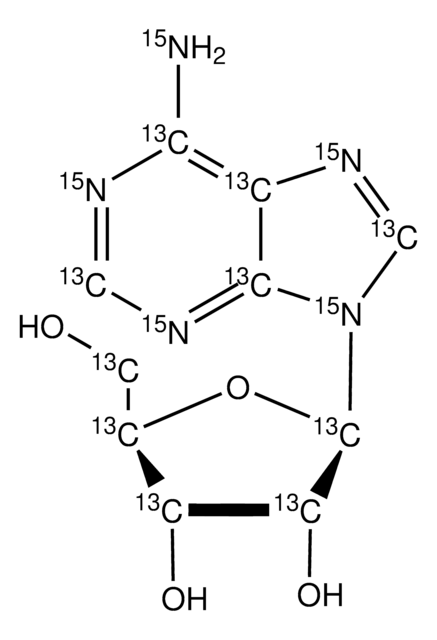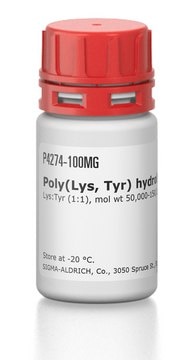R2404
Anti-Raf-1/c-Raf antibody, Mouse monoclonal
clone RNP1, purified from hybridoma cell culture
Synonym(s):
Anti-CMD1NN, Anti-CRAF, Anti-NS5, Anti-Raf-1, Anti-c-Raf
About This Item
Recommended Products
biological source
mouse
Quality Level
conjugate
unconjugated
antibody form
purified immunoglobulin
antibody product type
primary antibodies
clone
RNP1, monoclonal
form
buffered aqueous solution
mol wt
antigen ~75 kDa
species reactivity
rat, mouse, human
concentration
~2 mg/mL
technique(s)
capture ELISA: suitable
immunocytochemistry: suitable
immunoprecipitation (IP): suitable
microarray: suitable
western blot: 2.0-4.0 μg/mL using extracts of A431 cell line (human epidermoid carcinoma)
isotype
IgG1
UniProt accession no.
shipped in
dry ice
storage temp.
−20°C
target post-translational modification
unmodified
Gene Information
human ... RAF1(5894)
mouse ... Raf1(110157)
rat ... Raf1(24703)
Related Categories
General description
Specificity
Immunogen
Application
- capture enzyme linked immunosorbent assay (ELISA)
- immunoblotting
- immunocytochemistry
- double immunofluorescence analysis
Biochem/physiol Actions
Physical form
Storage and Stability
Disclaimer
Not finding the right product?
Try our Product Selector Tool.
wgk_germany
WGK 3
flash_point_f
Not applicable
flash_point_c
Not applicable
ppe
Eyeshields, Gloves, multi-purpose combination respirator cartridge (US)
Certificates of Analysis (COA)
Search for Certificates of Analysis (COA) by entering the products Lot/Batch Number. Lot and Batch Numbers can be found on a product’s label following the words ‘Lot’ or ‘Batch’.
Already Own This Product?
Find documentation for the products that you have recently purchased in the Document Library.
Articles
EGF Signaling: Tracing Cancer's Path
Our team of scientists has experience in all areas of research including Life Science, Material Science, Chemical Synthesis, Chromatography, Analytical and many others.
Contact Technical Service